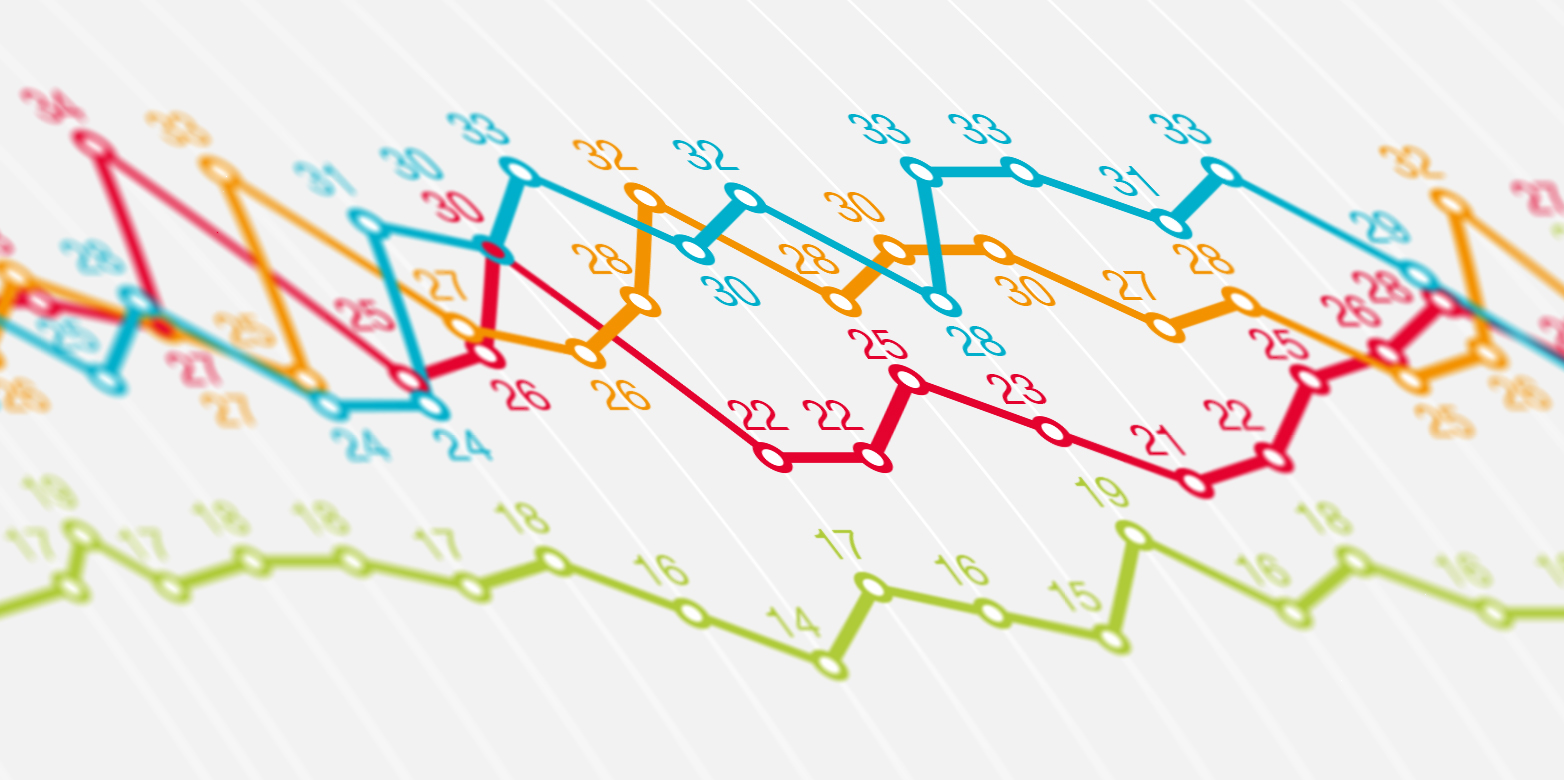Sicherheit 2019. Aussen-, Sicherheits- und Verteidigungspolitische Meinungsbildung im Trend
The Military Academy at ETH Zurich and the Center for Security Studies at ETH Zurich have published the annual survey «Sicherheit 2019». Since 1999, the study has evaluated long-term trends and tendencies in public opinion on foreign, security and defense policy issues in Switzerland.
“Sicherheit 2019” is based on representative surveys conducted each year. As well as including a core set of questions that are always included or asked at irregular intervals, the survey also addresses current issues of security policy. “Sicherheit 2019” focuses on the relations between the US and Switzerland, the global political situation, the attitudes towards equal opportunities within the Swiss Armed Forces and to the communication efforts of the army. Below, you will find an executive summary of the findings.
Sense of Security and Perception of Switzerland
The Swiss generally feel very secure. Respondents are optimistic about Switzerland’s future, citing the good economic situation and Switzerland’s political system as reasons for their optimistic assessment of the future. In comparison with the previous year, fear of crime remains low. Four out of five respondents continue to feel safe in the public sphere in 2019.
Trust in Authorities and Institutions
The police continue to enjoy the highest level of trust in 2019. The courts occupy second place in terms of trust, followed by the Federal Council and the Swiss economy. The Federal Parliament and the Armed Forces enjoy the same degree of trust. As in the previous year, the media and political parties ranked last in the trust index. Average trust in the authorities and institutions surveyed has increased significantly compared to the previous year. In addition, trust in the Federal Parliament and the political parties has increased significantly compared to the previous year.
Perception of the Global Political Situation
The future development of the global political situation is perceived significantly more pessimistically than in the previous year. The analysis of the reasons for this development indicate that, above all, the power politics of the USA, China and Russia are seen to be a threat to the world. Striking is the fact that US President Donald Trump is often mentioned by name as the cause of the pessimistic assessment of the global political situation. The majority of respondents believe that US policy is detrimental to the Swiss economy, but they still regard the US as a reliable trading partner.
Autonomy and Willingness to Open Up
The limited willingness of Swiss citizens to open up continues to be evident in 2019. The level of support for economic and political autonomy remains high. While moderate forms of cooperation without institutional ties are supported by a majority, forms of cooperation that would involve institutional integration into international organizations are clearly rejected. Establishing closer ties with or joining institutions such as the EU or NATO are hence only popular with a small minority. Switzerland’s good services are supported by a large majority and compared to the previous year significantly more respondents approve of an increase in development aid.
Neutrality
The principle of Swiss neutrality is almost unanimously supported by the Swiss electorate. For the second time in a row, approval of differential neutrality reaches a historic low. Even if Switzerland’s neutrality no longer brought any advantages, the Swiss population would still want to adhere to it. Support for this opinion has increased significantly compared to the previous year, indicating that Swiss people attach great importance to neutrality.
Attitudes Towards the Swiss Armed Forces
The necessity of the Swiss Armed Forces is supported by a clear majority of Swiss citizens. They are satisfied with the performance of the Armed Forces. Approval of the militia system as a form of defense and recruitment has increased significantly. A majority holds the opinion that just enough or even too little gets spent on defense. The Swiss are satisfied with the communication of the Armed Forces. In addition, the interviewees clearly hold the opinion that equal opportunity is important in the Armed Forces.

